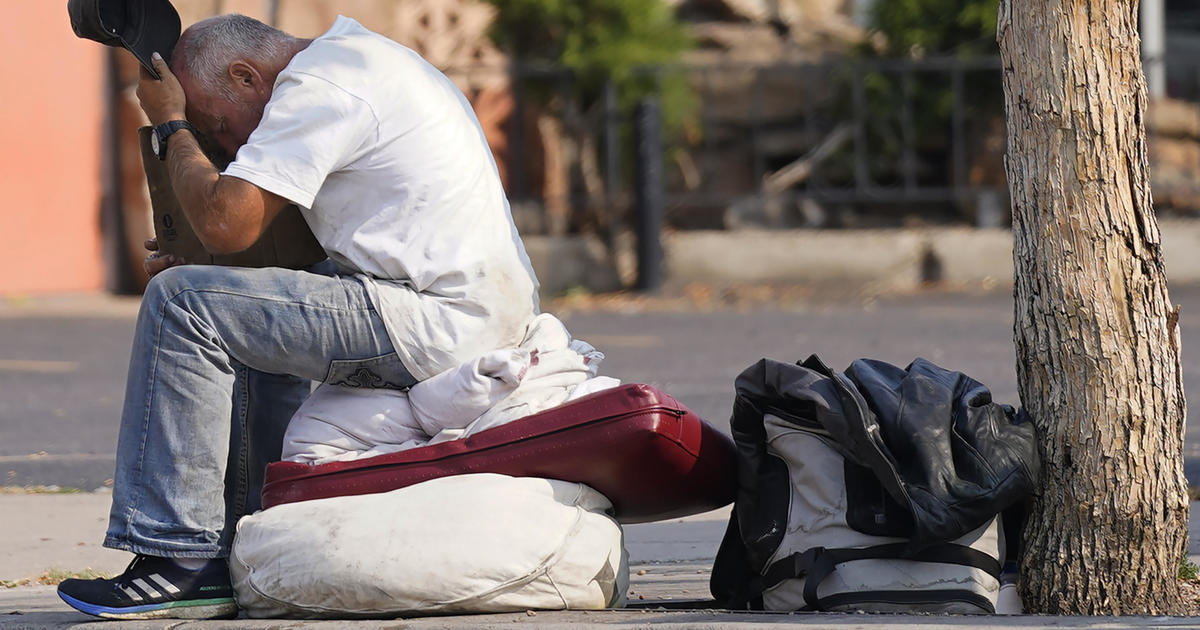5 Fever Fallacies - For Kids, And Grown-Ups Too
(CBS4) -There's no question that even the most experienced parent can get a little nervous when a child's temperature begins to rise. Is my kid really sick? Do I need to see a doctor? How should I take care of those evil creeping numbers?
Even I've had my times as a parent where the doctor part of me has gotten lost, and I've worried about what might be wrong and what I should be doing to "fix" things.
Well, all of us might do a little better if we always try to keep in mind a few facts and fallacies about fever -- in children and adults -- especially the fallacies:
- Any rise in body temperature is a fever. Not so. Even though we always talk about 98.6 as being "normal", the number needs to hit 100.4 to be officially considered a fever.
- All fevers need to be treated. Nope. Remember, an elevated temperature is not caused directly by the germ, but by the body's response to that germ. In other words, a higher body temperature revs the immune system to fight infection. The main reason to lower a high temp is for comfort -- an elevated number increases aches and pains, as well as lowering appetite. It's a case where a little Tylenol or ibuprofen to ease the side effects of fever may be helpful.
- But wait! A fever that's too high can cause brain damage or seizures, right? Actually, no. The serious infection that causes a sky-high temperature is the real worry, so it's the infection that needs treatment, not the thermometer. And contrary to popular belief, it is not the actual degree of temperature that can cause what is known as a febrile seizure; it's actually the rapid rate body temperature rises that can trigger seizure type activity in some kids. In other words, even 99 going to 101 at a race car rate is the real culprit.
- Higher fever at night signals worsening illness. Not necessarily. Body temperature is always higher at night due to the changes in the body's natural hormones. That's also why things such as croup and asthma tend to be worse after the sun sets
- Finally, the higher the temperature, the more serious the illness. Once again, not so. Some kids won't even feel the effects of a 103, while a 100.4 can really make some kids punk. The key point here: treat the child, not the numbers.
Which leads us to some final words of thought about playing the numbers game:
Any fever in a child three months of age or younger means an immediate call to the doctor.
Any fever that lasts greater than five days, even if the illness seems mild, means a call to the doctor.
Any child who is not urinating at least every eight hours may be dehydrated from fever, and should be checked over. (Pushing fluids are a huge must-do during fever!)
And any child who acts sick -- high fever, low fever, no fever -- should be checked out.
Remember that adage: treat the child, not the thermometer.
But play it smart and get things checked if something just isn't right.
(And that, too, applies to kids and grown-ups).
Dr. Dave Hnida is CBS4's Medical Editor. He blogs about the latest studies and trends in the health world. Read his latest blog entries, check out his bio or follow him on Twitter @drdavehnida



